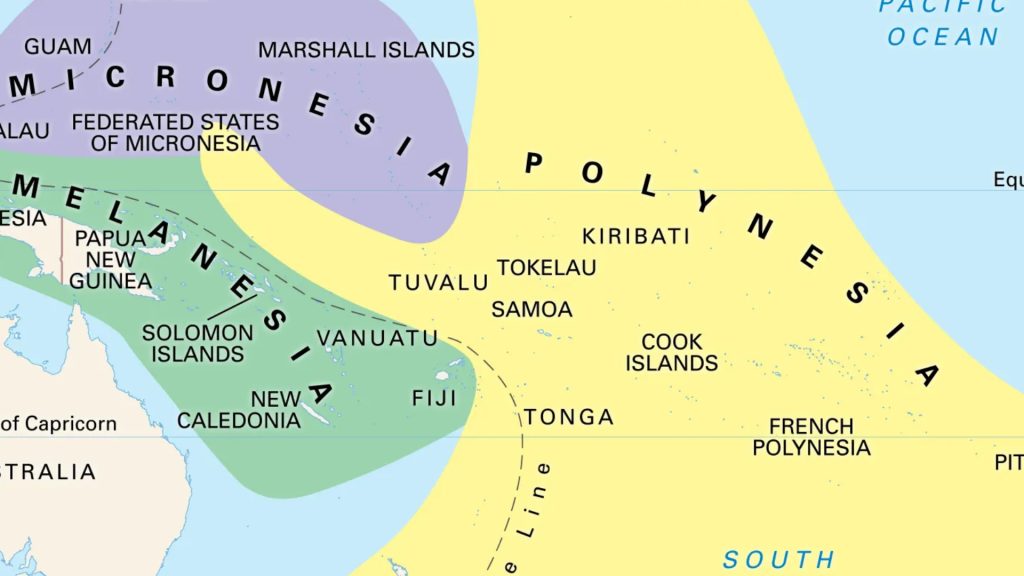Pacific Island nations arrived at the COP30 climate summit with unprecedented legal leverage, armed with a landmark advisory opinion from the International Court of Justice (ICJ) that transforms climate action from a political appeal into a binding international legal obligation.
From moral plea to legal duty:
The ICJ opinion, issued earlier this year at the request of the UN General Assembly (a campaign spearheaded by Vanuatu), clarified that states have a legal duty to prevent and mitigate climate harm. This duty is rooted not just in climate treaties like the Paris Agreement but also in human rights law, the law of the sea, and customary international law.
For small island developing states (SIDS), which contribute negligible global emissions but face existential threats from sea-level rise and extreme weather, this ruling is a game-changer. It shifts their decades-long diplomatic effort from moral persuasion to legal accountability, significantly strengthening their hand in negotiations with high-emitting nations.
Pressing for ambitious national plans:
Pacific leaders are now using the ICJ’s findings to press for a crucial course correction at COP30. The court’s ruling confirms that countries must exercise “due diligence” when setting their national climate targets (Nationally Determined Contributions or NDCs), ensuring their collective ambition is aligned with the 1.5°C warming limit.
“The law has finally caught up to the science,” stated a representative from the Pacific Islands Climate Action Network. “Finance shortfalls, fossil fuel subsidies, and weak climate pledges are no longer abstract debates. They are potential violations of international obligations.” The opinion implies that states approving new fossil fuel projects without rigorous climate impact assessment could be in breach of international law.
Accountability for loss and damage:
A key area where the ICJ opinion provides clarity is climate finance. The ruling reinforces the legal obligation of developed nations to fund climate action, including adaptation efforts and the newly established Loss and Damage Fund. Pacific negotiators are stressing that this funding is not charity but a legally required form of reparation for climate-induced harm.
The ICJ also provided reassurance on sovereignty, confirming that sea-level rise—even to the point of complete submergence—does not automatically strip an island nation of its Exclusive Economic Zone (EEZ) and maritime rights. This protects their sovereignty and access to vital marine resources.












